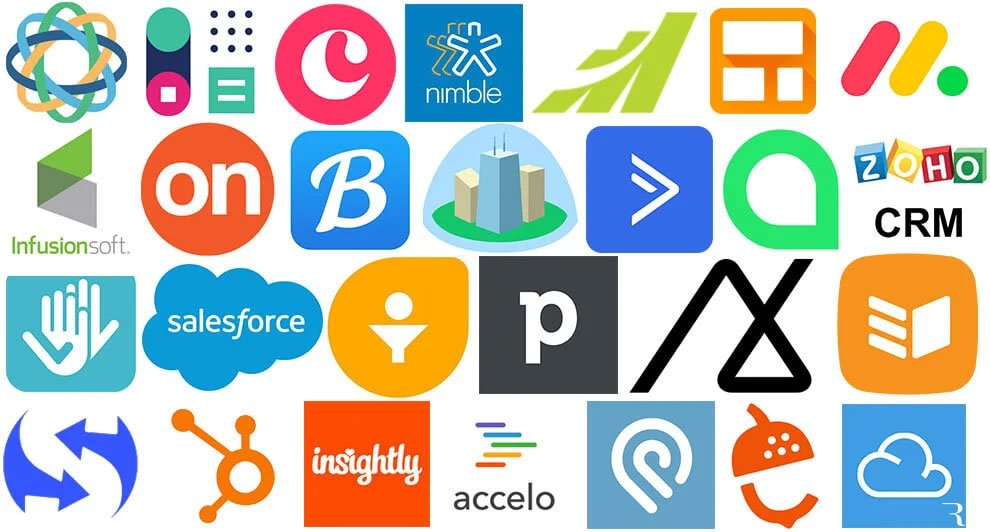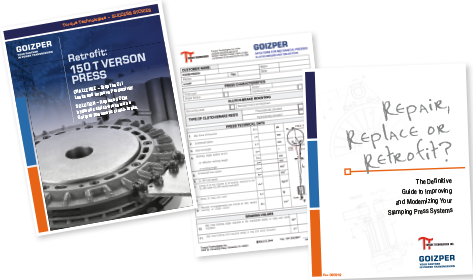Email Marketing
Automation + CRM
Email is key for B2B marketing and lead generation.
With the growing range of social media platforms, it’s possible you’ve put less of your attention and budget toward the time-tested and proven methods of B2B email marketing.
B2B marketing - for manufacturing and industrial firms - is very different from B2C or consumer email marketing. Typically longer buying cycles for B2B purchases benefit from the relationship building that can occur with email marketing’s ability to deliver highly personalized, targeted and timely communications.
Key to having the ability to target individuals and create a personal message is using some form of CRM software. Customer Relationship Management software is a multi-billion dollar business, with literally hundreds of platforms and systems available, ranging from Salesforce to much smaller platforms like ActiveCampaign or the long-standing ACT! Platform.

Bottom line: you will want a way to effectively gather, segment and utilize the information important to your efforts - and a CRM is one effective way to do this.
Email Marketing and a CRM: What is it & why should you leverage it?
The B2B buying cycle is based more on logic than emotion. While every purchase has some element of emotion, B2B customers are seeking information to help them make the RIGHT decision, based upon several factors, including ROI, utility and total lifetime cost, among others.
B2B purchasing often includes more than one decision maker. Email marketing, done well, will allow you to target many individuals at a specific company - tailoring a unique message to each individual, from the purchasing agent to the Director of Operations or CEO.
With email marketing, it’s never been easier to send the right messages to the right prospects.
All of these email marketing tactics are greatly improved with the use of a CRM tool. Many of these tools include some form of automations, allowing you to create a sequence of emails and touchpoints, sent to your customers and prospects on a regular and consistent basis.
While automated email marketing should never be ‘set and forget’, the ability to communicate with your customers and prospects on a consistent basis is extremely beneficial to getting results.
Newsletters
Sending your clients newsletters on a regular basis is a great way to stay connected with your customer base and ensure your brand is staying top of mind. Whether you’re sharing a monthly blog, providing a company update, or promoting a new product or service, there are so many ways to leverage newsletters to demonstrate your industry expertise and build relationships with your audience.
Welcome/Transactional Emails
These types of emails benefit from automation. Transactional emails are one-to-one forms of communication that are triggered by a specific action your contacts have taken. On eCommerce sites, for example, your customer would receive a transactional email after making a purchase to confirm their order or provide shipping information.
Welcome emails are another example of this. These can be used to thank your prospect (for signing up for your newsletter, registering for an event, etc.) and provide more information on your company’s values and offerings. Your brand’s initial contact with prospects is a defining moment in the process of lead conversion, and welcome emails are the perfect opportunity to take a personalized approach to introduce your business and encourage further action to be taken by the recipient.
Dedicated (Standalone) Emails
Dedicated emails are standalone messages sent to inform recipients of one specific event, promotion, product, or service. These may be targeted at certain groups of contacts and are a great way to spread the word about current happenings in your organization.
Lead Nurturing
Lead nurturing is essential to bridging the gap between your brand and its prospects as you move them through the sales funnel. The B2B purchasing cycle can take from 3-9 months, or longer, and the majority of leads are not ready to buy yet. Your job is to build trust and relationships to turn prospects into loyal customers. Personalized email marketing is an extremely powerful way to accomplish this.
Re-Engagement Emails
While growing your contact list is always the goal, you should also be actively working to keep the subscribers you already have. Re-engagement emails are your opportunity to reconnect with unengaged contacts and clean up your list to remove those who are no longer interacting with your content. Offering incentives, spotlighting new product or service information, and or simply letting people know it’s been awhile since they’ve been in touch with your brand are all great ways to approach re-engagement without bombarding your contact list.
Review Requests
Customer reviews are a major deciding factor in whether or not people choose to do business with you. Regardless of how top-notch your brand’s marketing efforts are, nothing is as authentic and convincing as real customer testimonials. Reach out to your contacts to see if they would be willing to share their experiences working with you.



